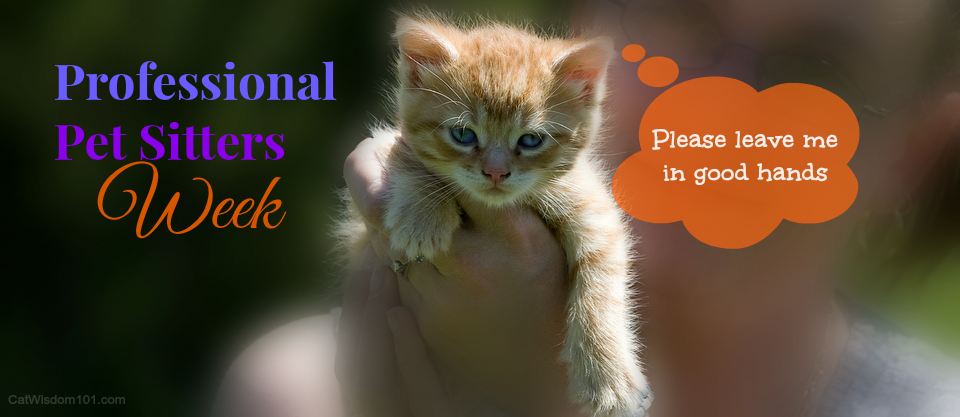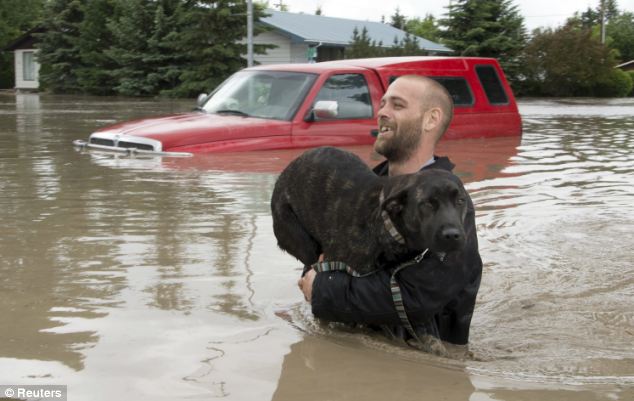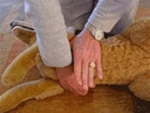Choosing a Professional Pet Sitter
We are celebrating professional pet sitters week March 1- 7. You may ask, “So, what is pet sitting anyway?” Dictionary.com defines pet sitting as “the act of caring for a pet in its own home while the owner is away.” What makes one a professional pet sitter? If you live in Mooresville, Davidson or Cornelius, how do you choose the best professional pet sitter for you and your pets?
We belong to Pet Sitters International (PSI) and the National Association of Professional Pet Sitters (NAPPS). We joined these groups as a part of starting our business because we are dedicated to doing the job right and keeping your pets safe and happy while you are away. We knew we needed information from others who had done this work for a long time and that we needed to stay current with all things pets. Both PSI and NAPPS suggest a variety of questions to ask a potential pet sitter. Key among those questions are: (1) does the pet sitter carry business liability insurance; (2) does the pet sitter use a services contract that discusses the services to be provided and the associated fees; (3) is the pet sitter trained in pet first aid and CPR; (4) how does the pet sitter keep the key to your home secure; (5) does the pet sitter have a clean criminal record history; (6) does the pet sitter participate in continuing education on line or at pet sitters’ conferences; (7) does the pet sitter meet with you and your pets in your home prior to beginning services and is there a fee for this meeting; (8) does the pet sitter have a website that you can review to get information about the people and the company; (9) how much time will the pet sitter spend in your home with your pet; (10) what will the pet sitter do if your pet becomes ill or is injured; and (11) how does the pet sitter communicate with you.
Some of the Elements that Distinguish Our Professional Services
We are happy to assure you that (1) we are insured and bonded by Business Insurers of the Carolinas; (2) we have a comprehensive services contract; (3) we are both trained in pet first aid and CPR and Billy is an instructor in the Pet Tech family of pet first aid and CPR courses; (4) we have passed a background check with Sterling International (5) the keys to our clients’ homes are coded by number only and maintained in a locking key cabinet when not in use; (6) we attended the PetSittingOlogy conference last October and will be attending the PSI conference in September; (7) we always conduct a free meet and greet with potential clients and their pets in their home prior to beginning services; (8) our website is www.coddlecreekpetservices.com; (9) our pet sitting visits are untimed…..we stay as long as necessary to attend to the physical needs of your pets, provide them with emotional comfort and reassurance, collect your mail and newspapers, rotate your lights and blinds, roll your garbage and recycle bins to and from the curb and water a few house plants; (10) if your pet becomes ill or injured while you are away we will assess the injury or symptoms, apply first aid, contact you for instructions and if not able to reach you will take your pet to the vet if our assessment of the injuries or symptoms indicate the need for veterinary intervention; and (11) we send an email or text message after every pet sitting visit.
Please visit our website to learn more about our services.
Related articles
- Precautions You Should Take When Hiring A Pet Sitter (onegreenplanet.org)

































Recent Comments